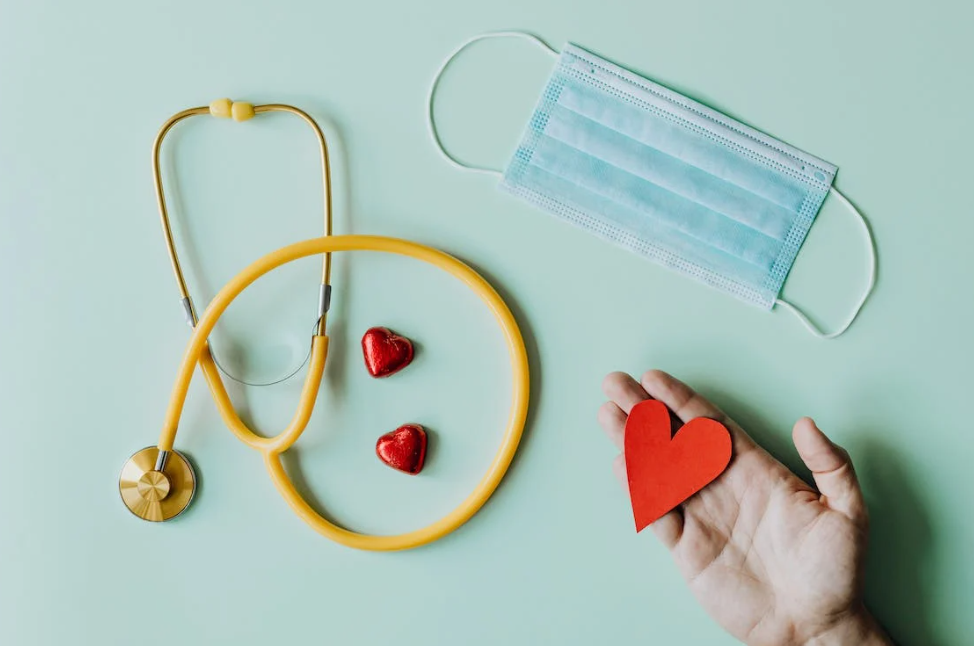Can Mental Health Be Cured?
Learn how medications and lifestyle changes can help to improve mental health.

Selfpause Affirmation App
Download the app to get 1,000’s of affirmation meditations and everything you need to write, record and listen to your own.
Although physical illnesses cannot be cured, they can be treated and managed to the best of their abilities. This can be done through medications and lifestyle changes. Mental illnesses, on the other hand, if not treated, have the potential for relapse. In fact, there is a 50 percent relapse rate after recovering from a first episode of depression, and a 70 percent relapse rate after the second episode. In addition, 27% of patients with panic disorder relapsed after completing cognitive behavior therapy.
Getting treatment

If you think you or someone you love is suffering from mental illness, there are a few things you can do to help them. First of all, it’s important to realize that mental illness can be overwhelming. It’s not always easy to talk about it, but it’s crucial to remain calm and open to your loved one’s needs. Having a conversation about mental health can help you and your loved one come to an understanding of the condition.
The first step in mental health treatment is to see a medical professional. Whether the patient needs medication or is under observation, you need to find a doctor who can properly diagnose and treat your condition. In some cases, the physician may also prescribe a medication. The ideal treatment plan begins with an evaluation to determine whether the condition needs to be treated and to identify any risk factors.
Another important step is overcoming the stigma associated with mental health. Many people are hesitant to talk about their symptoms because they fear the negative reaction of others. This can make them feel hopeless, and they may not want to seek help. However, understanding the benefits of treatment can help you overcome this societal stigma. You may even be able to envision a life without mental health symptoms.
Medicare may cover some of your treatment costs. Mental health treatment services, including hospital stays, therapist visits, and medications, are covered by Medicare. However, you may need to find out which services are available in your state. There are also some services that offer sliding scale care for people who don’t have insurance.
Getting better

Recovery is a process, not a destination, that enables people to overcome mental health problems and regain their health and happiness. According to the Substance Abuse and Mental Health Services Administration, recovery involves improving health and functioning, and achieving full potential. Recovery is different than achieving total symptom relief or learning to cope with symptoms. People’s definitions of recovery vary, but the main goal is to reach a level of self-awareness and functional autonomy.
For most people, recovery is possible despite the many challenges involved. There are many resources available to help individuals with mental health problems. Many people turn to therapy or medication for help, but these solutions have their own disadvantages. They can be expensive and time-consuming, and they may cause unwanted side effects. There are more effective ways to improve your mental health and enhance your emotional well-being.
One of the first questions that mental health professionals will ask is about your sleep schedule. People with mental health conditions often have trouble sleeping and may experience a variety of other symptoms. For example, they may have sleep disturbances like insomnia or hypersomnia. Another indicator of progress is a reduction in emotional outbursts.
Many states have difficulty keeping up with demand for mental health care services. Lack of funding, facilities, and providers are among the top barriers for many people. Moreover, access to care differs by income level. However, this doesn’t mean that people with mental illness can’t make a difference in their own lives. With the help of policy change, you can make a difference in the lives of other people with mental health issues.
Getting cured

A mental illness is a very hard thing to live with, and it can make a person feel like they will never get better. They may feel hopeless, wonder if this will last forever, and wish they could just get cured. Luckily, there are several ways to overcome mental illness and find relief.
First, you should consult a doctor. A doctor can diagnose a mental illness and prescribe the best treatment for it. A mental illness can have a variety of causes, so it’s important to seek treatment as soon as possible. Treatments for mental illness are very effective and can help people live better and enjoy life again.
Treatments for mental illnesses include lifestyle changes, therapy, and medications. The combination you choose depends on your individual needs. Usually, you’ll need a combination of treatments to find the one that works best for you. Taking medication for mental illness can help your symptoms and make therapy more effective. In addition, therapy can help you cope with distressing feelings and learn healthy coping strategies.
Getting cured of mental health means learning about the symptoms of your illness, pursuing effective treatments, and getting help from friends and family members. This process of healing can be short-term or long-term. The goal is to be symptom-free and able to live a fulfilling life. By participating in an individualized treatment plan, the majority of people suffering from mental illnesses are able to experience relief from symptoms and return to a normal life.
Our Top FAQ's
Some common mental health conditions that can be treated or cured include depression, anxiety disorders, bipolar disorder, and certain types of personality disorders. These conditions can often be effectively treated with a combination of medication and therapy.
The most effective methods for treating and curing mental health conditions depend on the specific condition and the individual’s needs and preferences. In general, a combination of medication and therapy is often the most effective approach. Some specific types of therapy that have been shown to be effective for certain mental health conditions include cognitive-behavioral therapy (CBT), dialectical behavior therapy (DBT), and exposure therapy.
Some mental health conditions, such as schizophrenia and severe personality disorders, may not be fully curable. However, these conditions can often be managed with ongoing treatment and support, which can help people with these conditions lead fulfilling lives.
It is possible for a person to fully recover from a mental health condition, although this can depend on the specific condition and the individual’s circumstances. With appropriate treatment and support, many people are able to make a full recovery from mental health conditions and live healthy, productive lives. However, some people may need ongoing treatment or support to manage their condition.
Early diagnosis and treatment of mental health conditions can be crucial in terms of improving the chances of a full recovery. Early treatment can help prevent symptoms from worsening and can also reduce the risk of complications, such as substance abuse or suicide. It is important for people experiencing mental health symptoms to seek help as soon as possible.
